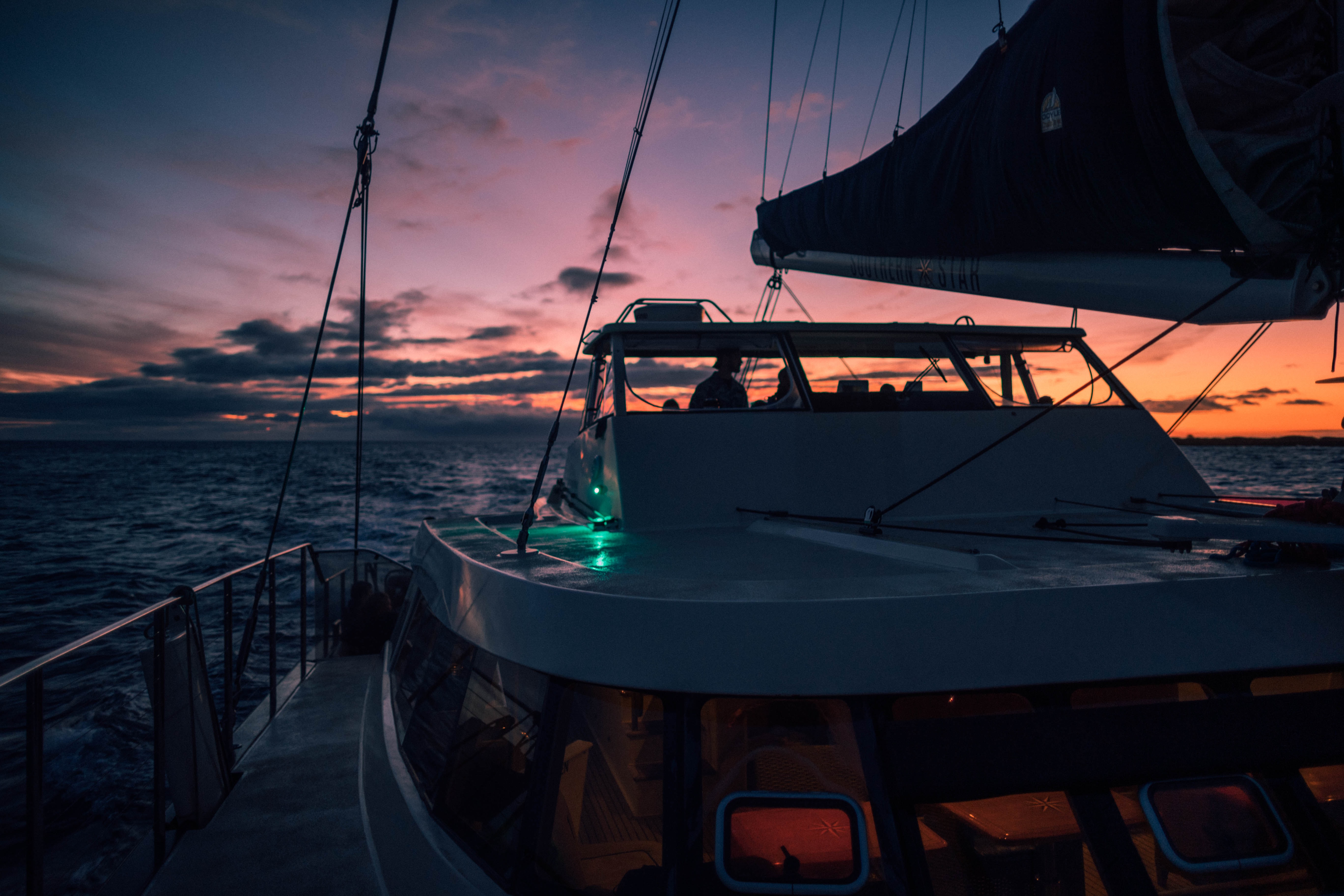Your boat likely didn’t come cheap as it is a meaningful investment. SkiSafe understands your specialized insurance needs as a boater and offers extensive coverage options to meet those needs. Not only will we build a customized policy with protections that makes the most sense for you, but our team is also here to help you:
- Save money with boat insurance discounts
- Understand the claims and underwriting processes
- Gain expertise on boat maintenance and safety
What can a boat insurance policy cover?
Whether you own a personal watercraft or a yacht, it’s important to find the right boat insurance policy that will provide the coverage you need.
Boat insurance policies can typically offer coverage for:
- Damage from fire, theft, collision, vandalism and other covered losses.
- Damage to the watercraft and insured equipment, such as water skis or fishing gear.
- The expenses when someone is injured on your boat.
- Damage your boat causes to someone else’s property.
- Medical payments for your guests.
» MORE: Comprehensive Boat Insurance Coverage - What It Is and How to Get It
Learn more about the common coverage types below:
- Medical payments coverage: Coverage for your guests’ medical bills if they are injured in an accident while on the boat, up to the policy limit, regardless of fault.
- Liability coverage: This provides coverage for bodily injury and property damages that you become liable for to a third party arising out of the ownership or use of your boat.
- Property coverage: Provides coverage for the damage to your boat if involved in an accident with another boat or other object - such as a buoy, dock or debris.
- Towing and roadside assistance: If your boat breaks down, this covers the cost of the emergency services needed.
- Personal property coverage: Covers your personal belongings if they're damaged, lost, or stolen.
- Boat trailer coverage: Covers damages to your trailer.
While boat insurance coverage is typically not required by law, it’s important to keep your watercraft protected against the unexpected. Plus, most lien holders have certain insurance requirements.
» MORE: Do I Need Boat Insurance?
What a boat insurance policy typically doesn’t cover:
- Wear and tear.
- Defective machinery or mechanical breakdown
- Deterioration from mold, mildew, corrosion.
Types of damage coverage for a boat insurance policy
An insurance policy will typically provide one of two types of coverage for damage to your boat - actual cash value or agreed value. It’s important to understand the main differences between the two, as this will determine how you will be compensated after a covered loss.
- Actual cash value: This pays the value of your boat at the time of the damage. If your boat is destroyed, your insurance company will determine the cost to repair or replace the damaged property, account for any depreciation due to the age of the property, and reduce the total payout by that amount.
For instance: Your boat strikes a submerged object that’s deemed a covered cause of loss under your boat insurance policy. With an actual cash value policy, it would pay the cost to repair or replace what was damaged by the submerged object - up to the policy limit - minus depreciation due to the age of the property.
- Agreed amount value: If your boat is destroyed, the insurer pays the amount you and the company agreed on at the start of the policy, without any adjustment for depreciation.
For instance: In the same scenario outlined above, an agreed value policy will pay for necessary repairs without adjustment for depreciation.
» MORE: Boat Insurance Replacement Cost Versus Actual Cash Value
Both valuation methods can help repair or replace your damaged property. The overarching difference is that actual cash value policies account for depreciation, while agreed value policies do not.
Other important things to know about your boat and policy
- Layup periods: Most boaters choose to take their boats out of the water during cold weather. This can afford you a significant discount on your boat insurance policy since the craft is not being used during these months. But if you decide to take the boat out for a cruise before the layup period has ended, you likely will not be covered under your insurance policy. You can always call your insurer to ask for an endorsement. But it’s important to note that without an endorsement, coverage will most likely not extend during that outing.
- Navigational limits: Many insurance policies will have limits outlining where you can navigate the vessel and remain covered. If you operate outside of the territory you agreed to in the policy, your coverage may not apply.
- Marine surveys and inspections: If your boat is older, most insurers will require you to have it inspected by a certified marine surveyor. This survey will assess the condition and market value of the vessel.
The two predominant organizations to which a marine surveyor can belong are The National Association of Marine Surveyors (NAMS) and The Society of Accredited Marine Surveyors (SAMS). These Certified Marine Surveyors and Accredited Marine Surveyors are both highly qualified and technically sound to perform a true and unbiased evaluation.
» MORE: NAMS and SAMS Marine Surveyors
Regardless of the boat’s age, it’s a good idea to consider getting a marine survey even if it’s not required. This will ensure the vessel is safe to use and its systems are in good condition.

